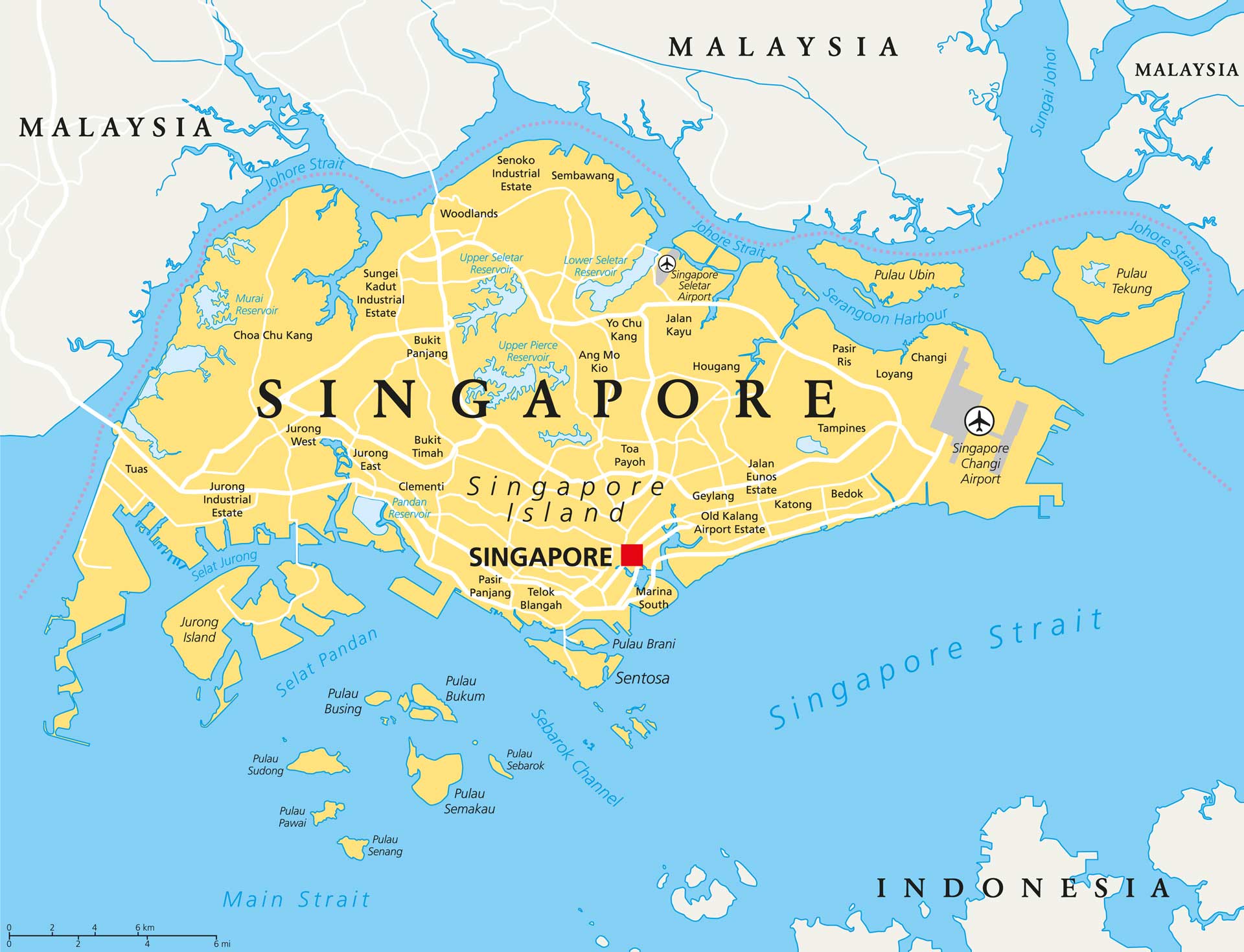Singapore
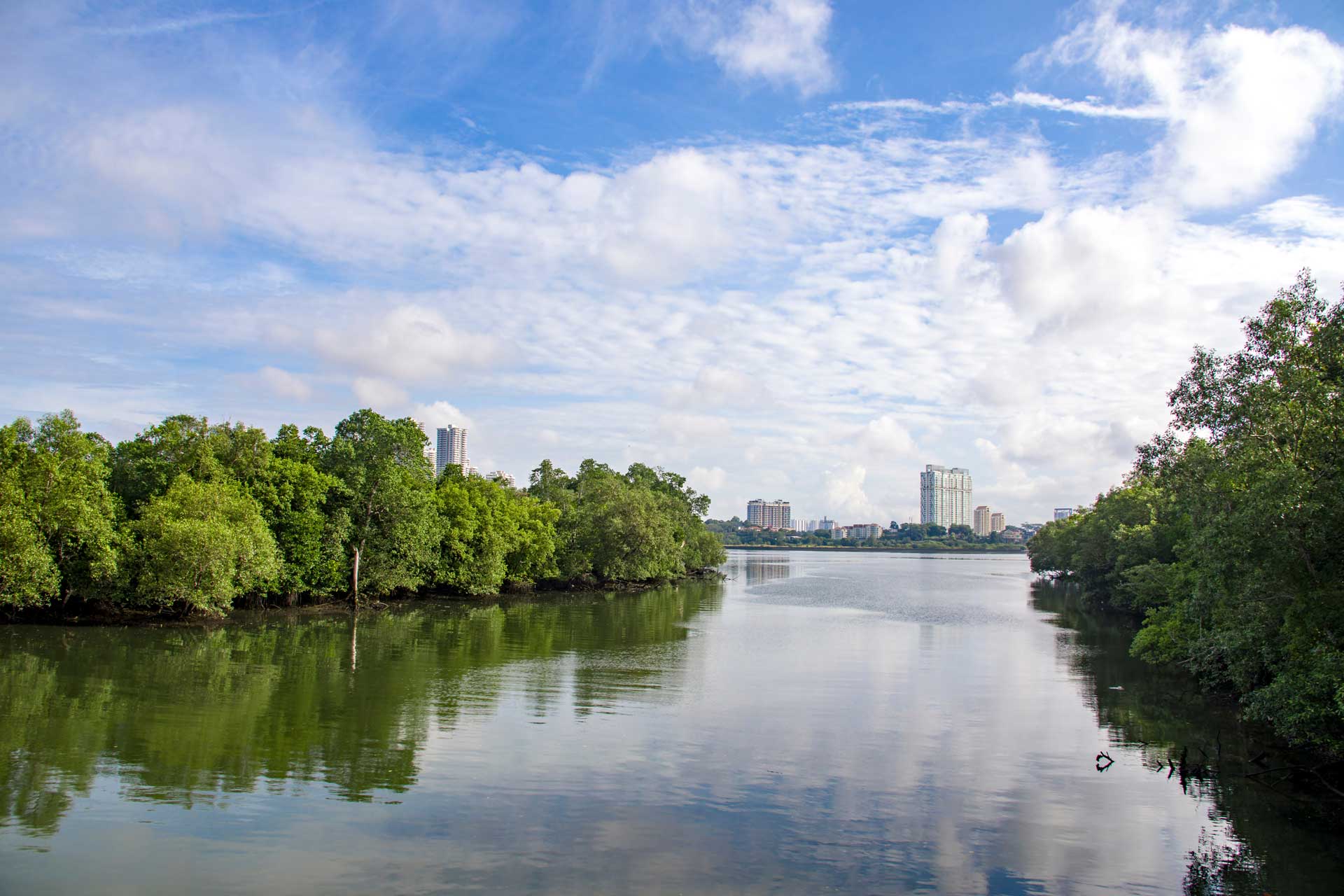
Much more than a city
The buzzing metropolis of Singapore offers shopping, food, and sights like no other place on earth. The city is alive with colours and lights, and out of town you’ll find the lush green Botanic Gardens, jungle treetop walks and incredible wildlife. From temples in Chinatown, to the bustling markets of Little India, to the impressive views of Marina Bay, this multicultural hot pot will leave you wanting a taste for more. And for sure there is more. Travel to Singapore island for a beach vacation, visit the wetlands with their nature and wildlife, Singapore got more to offer than you can imagine.

Historic Architecture
Beautiful heritage shophouses and colonial buildings contrast with dazzling city skyscrapers and modern shopping malls, showcasing Singapore’s iconic multicultural mix of old and new.

Local Charm
Singapore is made up of several districts, each with their own quaint character and charm. Rich in history and a colourful past, there is so much waiting to be uncovered.
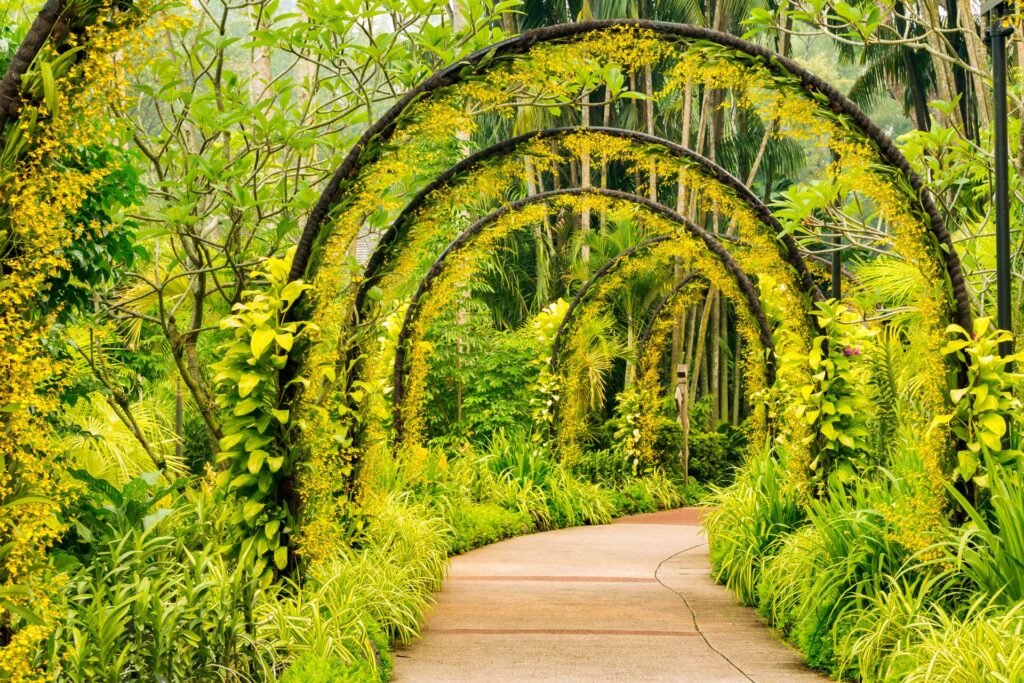
Wildlife & Scenery
From stunning vertical gardens to fascinating waterfront sculptures, nature lovers and outdoor enthusiasts will not be disappointed by what Singapore has to offer. Being home to one of the best rainforest Zoo’s in the world, Singapore is a haven for wonderful wildlife.
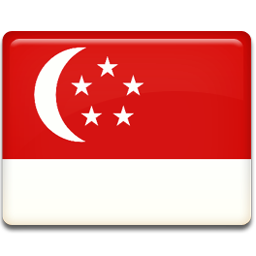
Top Highlights
- Let your hair down as you enjoy an exhilarating day at Universal Studios.
- Explore the world‘s first nocturnal zoo and take part in a night safari in search of the Malayan Tiger.
- Take in the highlights of Singapore as you marvel at the impressive views of Marina Bay.
- Enjoy a leisurely stroll with your guide to the Gardens By the Bay – a sanctuary for nature lovers and budding horticulturalists alike.
- Experience the thrill of driving one part of the official F1 circuit in a Ferrari California.
- Explore Singapore’s bustling streets where you can discover culture and ethnic traditions at China Town, Little India and Kampong Glam.
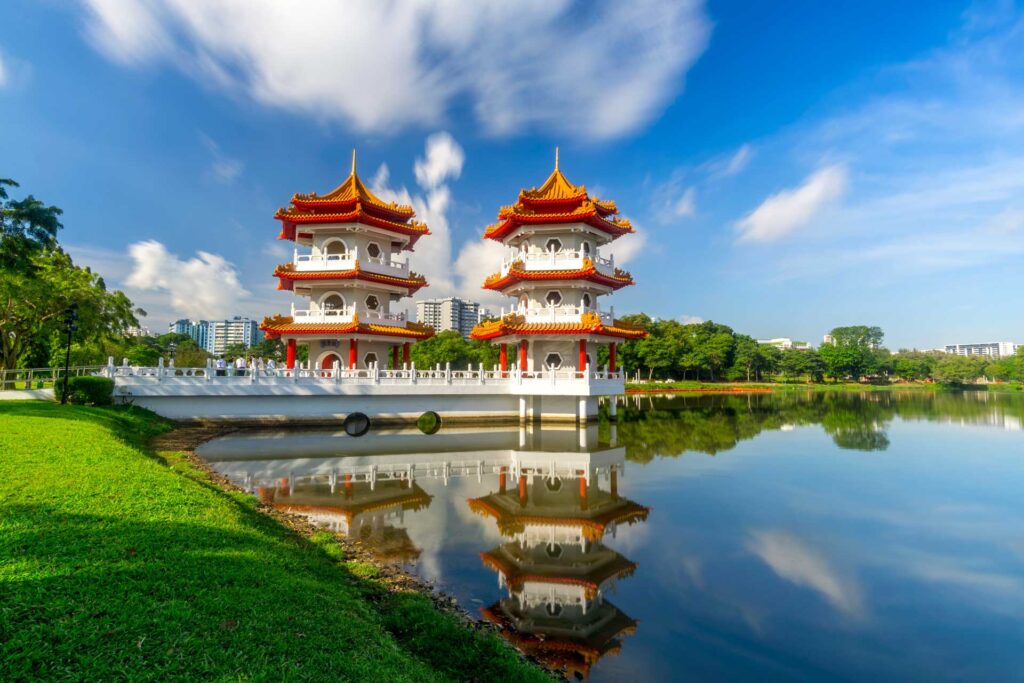
Singapore Map and Infos
Capital
Singapore
Currency
Singapore Dollar
Language
English, Mandarin
Population
5.6 Million
Religion
Buddhism
Time
GMT+8
